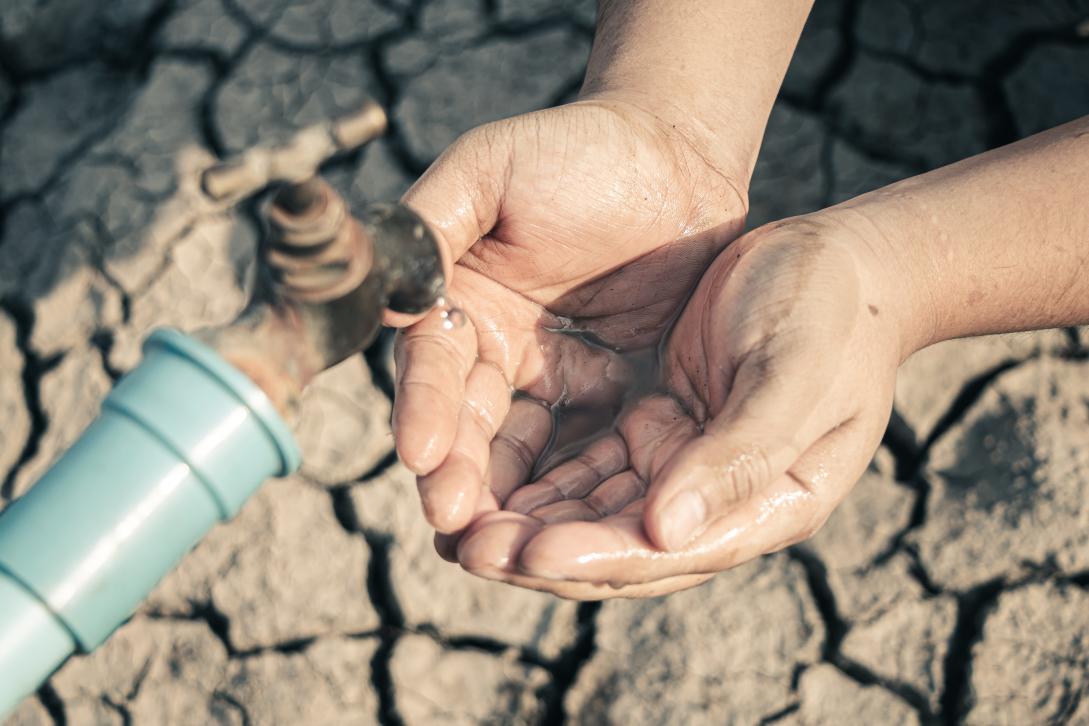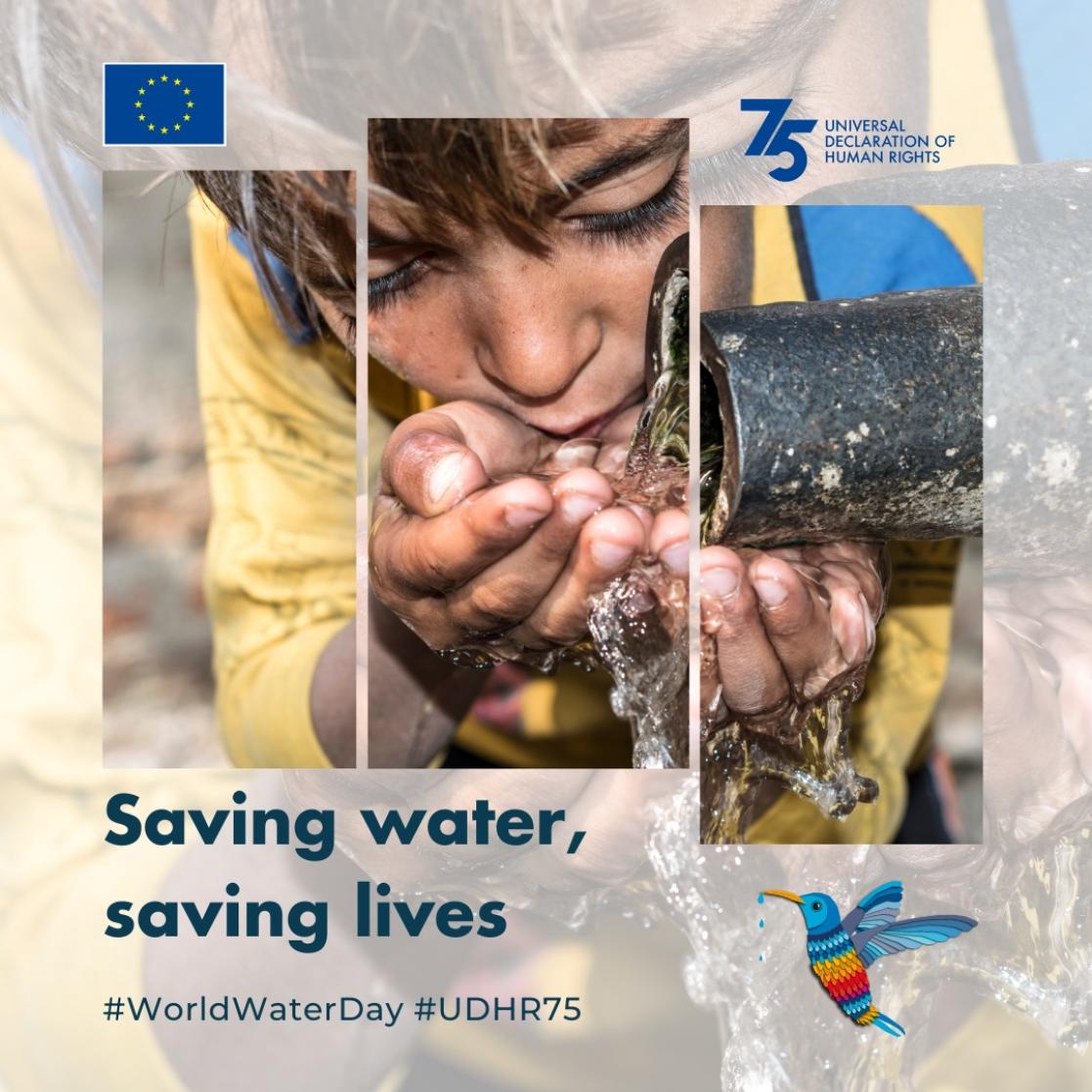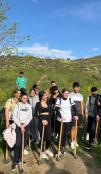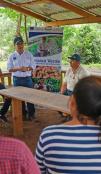World Water Day: transboundary water cooperation and sustainable water management key to address water crisis

Today, 1 in 4 people – 2 billion people in total – around the world lack safe drinking water. 1.4 million people die annually and 74 million will have their lives shortened by diseases related to poor water, sanitation and hygiene. And despite water being transboundary in nature only 24 countries report that all their transboundary basins are covered by cooperation arrangements.
EU water diplomacy is focused on addressing these global challenges. The historical EU diplomatic engagement on water, especially transboundary water cooperation, is an essential tool for peace, security and stability and promotes SDG 6 to ensure the right to access to water and sanitation for all.
The UN 2023 Water Conference is a milestone conference – the first UN Water Conference since 1977. The conference brings much needed attention to global water issues. Attention and action that is now more than ever needed to address the water crisis as a driver of food insecurity, climate change and conflicts. The EU is committed to playing an active role. The EU priorities for the Conference are
- Ensuring access to safe water, sanitation and hygiene (WASH)
- Secure clean and healthy water-related ecosystems
- Promote circularity across the water-energy-food-ecosystem nexus
- Strengthen water governance and cooperation
- Finance, research and innovation and knowledge sharing
EU water action with partners:
Hawa’s Story, Ethiopia...
I cannot even begin to describe what water means to us. It is everything. We live in a very dry area and our animals were also suffering. Because we didn’t have water nearby, my children went over a week without bathing. I am now a happy mother. I can easily fetch water and keep my children clean and healthy.

UNICEF Ethiopia/2022
Climate-induced drought has affected millions of children and their families in Ethiopia. Adapting to the impact of climate change in drought-affected areas of Ethiopia, UNICEF with the support of the EU is conducting an innovative groundwater mapping using satellite images in conjunction with conventional exploration techniques. Read the full story with testimonials from some of the women and children who were struggling to get water, and who benefitted from this innovative and climate-resilient project.
Serhiy’s story, Ukraine...
We drilled a borehole with our own funds, but unfortunately we couldn't use this water for our technological process... We also had to purify this water, although our plant couldn't buy the required expensive equipment for that.

UNICEF
Serhiy Tyulyukov, is the e deputy director of a bread factory in Mykolaiv that suffered from damaged water pipes as a consequence of Russia’s deliberate attacks on civilians and civilian infrastructure, including water infrastructure, constituting serious violations of international humanitarian law. The EU condemns in the strongest possible terms the continued targeting of Ukraine’s civilian population and civilian infrastructure by the Russian Armed Forces and their proxies. In Mykolaiv, Ukraine, UNICEF with the support of the European Union has set up new water treatment plants brinigng hope to thousands in the midst of Russia’s devastating war of aggression. Read the full story.
Mustafa’s story, Afghanistan...
I was yelling, ‘Mom, help me! Take me out of this flood!’ But no one heard me.

UNICEF/UN0694152/Qayoumi
Mustafa, 8, got lost in a powerful flash flood which swept through the province of Logar on 15 August. Several families lost their homes and possessions, and as a result were struggling to provide for their basic needs. With the support of the EU and FCDO, UNICEF responds to disasters like the floods in central Afghanistan. Clean water, safe for drinking, bathing, and washing dishes and clothes, were trucked to Logar, including storing the water in 15 tanks for people displaced by the flood. Read the full story.

Shutterstock




